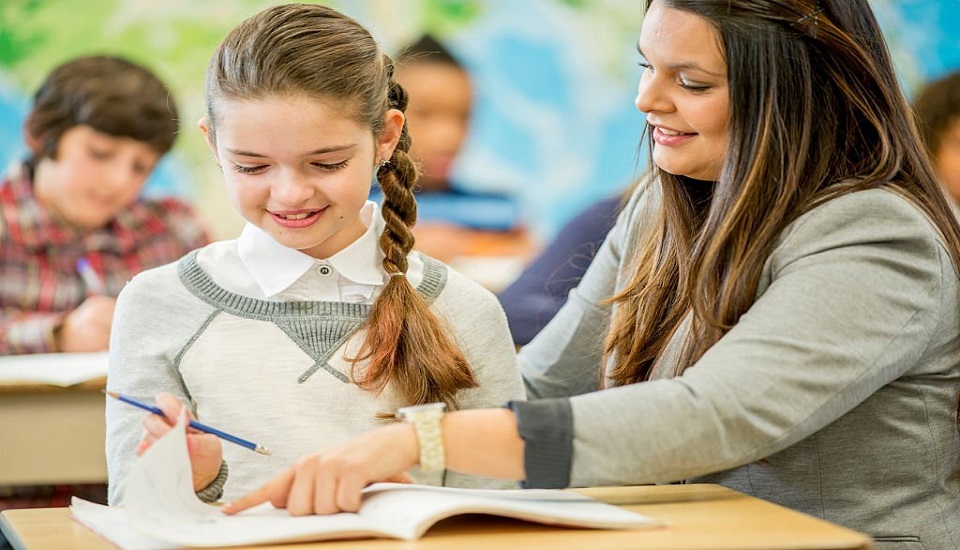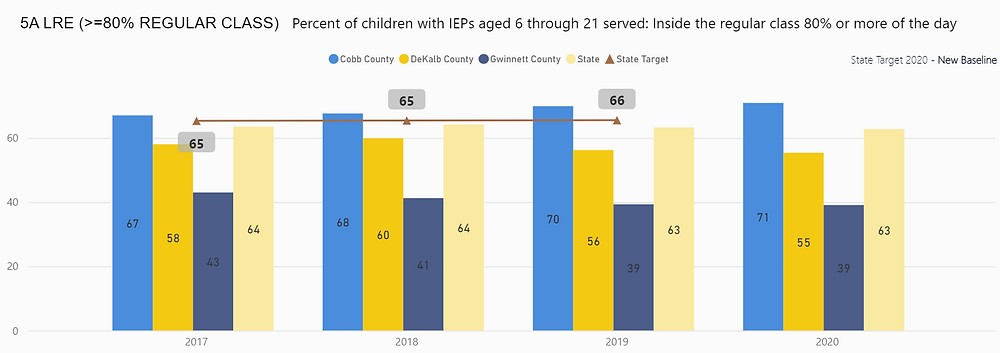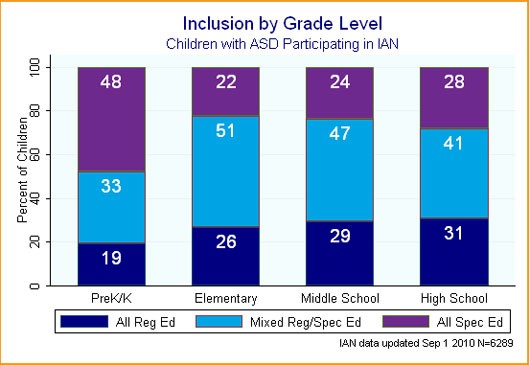Importance Of The Least Restrictive Environment In Special Education?
10th October 2022

Being special is sometimes overwhelming when people have to encounter challenges like a daily routine. Students with special abilities are those special human beings who face problems while getting along with other ordinary kids in a general education class. Education and related services for special kids like ADHD courses online are preaching the benefits of the least restrictive environment for specially-abled kids.

What does LRE mean?
LRE or the least restrictive environment is a legal term found within 20 U.S.C. 1412(a)(5) of the Individuals with Disabilities Education Act (IDEA). This term says:
“To the maximum extent appropriate, children with disabilities, including children in public or private institutions or other care facilities, are educated with children who are not disabled, and special classes, separate schooling, or other removals of children with disabilities from the regular educational environment occurs only when the nature or severity of the disability of a child is such that education in regular classes with the use of supplementary aids and services cannot be achieved satisfactorily.”
The agenda of LRE is that kids with rare gifts should be taught in mainstream classrooms along with other kids who are not having such gifts. The CACHE-endorsed course like ADHD course is also supporting this idea because prior to this LRE concept, special students were being provided education by segregating from ordinary students. It is a principle that guides a specially-abled child so that she/he is not deprived of any educational program.
Why should kids be taught in an inclusive classroom having the least restrictive environment?
- Specially-abled children embrace their own individuality and also that of others.
- The emotional quotient of students gets enhanced. They share the classroom with gifted kids and they become more patient. Their tolerance and compassion for their peers also increase.
- They identify their strengths and weaknesses and work to make their strengths even stronger.
- Kids help each other in an inclusive classroom. In doing so, they not only derive immense satisfaction out of it but the bonding and friendship between them become strong.
- Children learn teamwork and collaboration in inclusive schools.
Because of these reasons, the least restrictive environment (LRE) is required so that kids with special talents can have their mental health sound. They can learn social skills, communication skills, motor skills, etc. when they’re around a common mass. A secluded classroom has been no less than the castle of Rapunzel where kids get no exposure to the outside world.
Now then, LRE is meant for most specially-abled students but it is also true that not every kid has the same requirement. Often, a child’s IEP determines the type of LRE a child should get in a regular classroom. Based on that, there are various formats of LRE suitable for gifted kids who are in need of special support or a learning environment.

Different types of LRE:
- General education classroom with support: When a kid with special gifts is a part of an inclusive classroom, she/he might need some additional support like hearing aids, text-to-speech converter board, etc. These classrooms have special education teachers, shadow teachers, or an assistant of the class teacher who help gifted children with a learning environment like tha other students are perceiving.
- Partial mainstream/inclusion classroom: In this case, a gifted kif spends part of the day in a general education class where other non-special kids are also present. She/he gets some individual or small-group instruction in a special education class or is pulled out of class for some services.
- Special education class: As the name says, this is a program with specialized instruction for kids with similar learning needs. Students having special abilities like autism, learning disabilities, etc., are grouped and taught in this classroom.
- Specialized program outside of your school district: This includes private schools, residential programs, and hospital programs.
LRE has been helping kids since day 1. Let’s discuss why it is extremely significant.
Social exposure: The social experiences of students with special abilities get enhanced as they get a bright exposure to other students. Their social, as well as emotional quotient, elevates as they participate actively in any classroom activities. Besides, schools these days are giving strong platforms to special kids where they can perform and showcase their talents.
They feel extremely happy when they get such opportunities and love their exclusive talents. As a result, students with disabilities can improve their language, behavior, motivation, and self-esteem when they have more varied models for them. These make them confident and such skills help them in the long run to meet their academic and non-academic goals.
Progress: When a school practices an inclusive form of education, there is huge progress in the academic outcome. While learning in a general classroom, specially-abled kids start learning at the same pace as other students are learning. They grow better in numerous academic departments, and they become more discipline and sorted with their special gifts.
When students can work with others who have many different learning styles, they can improve their own learning. Learning in the general classroom both challenges students and helps them explore subjects more expansively.
More inclusion: LRE instigates classrooms to be more inclusive. There is a fine line between mainstreaming and inclusion when it comes to providing education to kids. Mainstreaming refers to putting students in a regular classroom for their education. Their schooling often includes special educators or shadow teachers to help them through their day.
An inclusive classroom works to include students with special abilities in activities with other ordinary classmates, like after school programs. Full inclusion refers to the model where the student spends 100% of their time at school in the classroom with their peers, even if they have special support.
To end with:
Thus, it is quite evident that the least restrictive environment or LRE provides a lifetime learning experience to students with special abilities. ADHD courses online are favoring such creative and beneficial concepts because LRE has always uplifted the quality of education that special students should get.
If you want to know more about special education, educations related to special education, awareness regarding special cases, etc., fell free to call our toll-free number 1800-212-6400. Our expert members will help you with every detail what you have.
Written By : Ruchi Mehta

